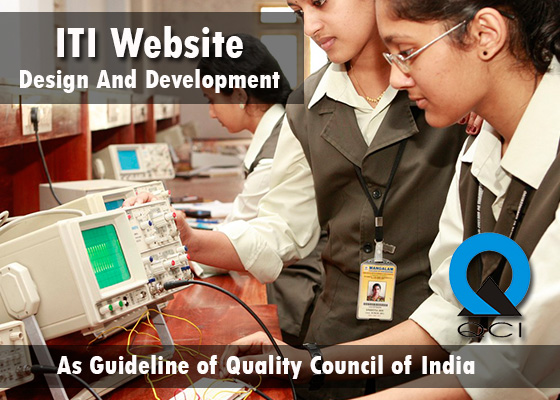MGP-003 Gandhi’s Social ThoughtBy Dr. Rukshana Zaman
The aim of this course is to facilitate students to participate creatively in all aspects of peace studies, peace-building in conflict and post-conflict societies. Understanding Gandhian approach to peace from the interdisciplinary perspective and comprehend Gandhi’s views and perceptions on economic, social, political, environmental, and development, related issues. To provide opportunities to the learners for higher studies in the area of theoretical and applied Gandhian Studies, Peace, Conflict Management, and Social Regeneration.
Course layout
BLOCK-I - TRADITION AND MODERNITY
Unit-1 - Gandhi’s Views on Social Change
Unit-2 - Critique of Indian Social Order
Unit-3 - Varnashrama Dharma
Unit-4 - Critique of Modernity
BLOCK-II - RELIGIOUS HARMONY
Unit-5 - Hindu-Muslim Amity
Unit-6 - Communalism
Unit-7 - Reforms in Religions
Unit-8 - Truth is God
BLOCK-III - SOCIAL EMPOWERMENT
Unit-9 - Gandhi’s Views on Women
Unit-10 - Gandhi’s Views on Depressed Classes
Unit-11 - Gandhi’s Views on Children and Youth
Unit-12 - Gandhi’s Views on Labour
BLOCK-IV - SOCIAL DEVELOPMENT
Unit-13 - Gandhi’s Views on Health
Unit-14 - Gandhi’s Views on Education
Unit-15 - Gandhi’s Views on Language
Unit-16 - Gandhi’s Views on Nature and Environment
Instructor bio

Dr. Rukshana Zaman
Indira Gandhi National Open University
Within the ambit of Social Anthropology, Dr. Zaman’s research interests are ethnicity, identity, ethnic conflicts, anthropology of performance mainly dance, visual anthropology, gender studies and social institutions.
Her quest with the study of identity and ethnicity began while she was working on her doctoral thesis on “Odissi Dance and The Construction of Oriya* Identity”. In her doctoral work she had looked at identity as perceived and constructed by the Odia community. The struggle to enlist Odissi dance as a classical dance form of India brought together the intelligentsia and the dance gurus of Odisha. The creation of ethnic identity was seen in the reconstruction of the dance form. The gestures and postures from the walls of the Konark temple, the dances of the Maharis (temple dancers known as Devadasi in other parts of India) of Jagannath, Puri and the Gotipua (male dancers dressed in female attires) were reconstructed to give shape to the dance repertoire. In the years to follow she had taken forward the study of ethnicity and identity in her research works on autoethnography. Her auto-ethnographical accounts extensively dealt with the idea of ethnicity and identity, how it has been constructed within the Muslim communities living in Assam.
A President’s Awardee for service as a girl guide, she also holds a bachelor’s degree in Odissi Dance.
Summary
| Course Status : | Upcoming |
| Course Type : | Core |
| Duration : | 12 weeks |
| Start Date : | 01 Sep 2021 |
| End Date : | |
| Exam Date : | |
| Category : |
|
| Credit Points : | 4 |
| Level : | Postgraduate |

